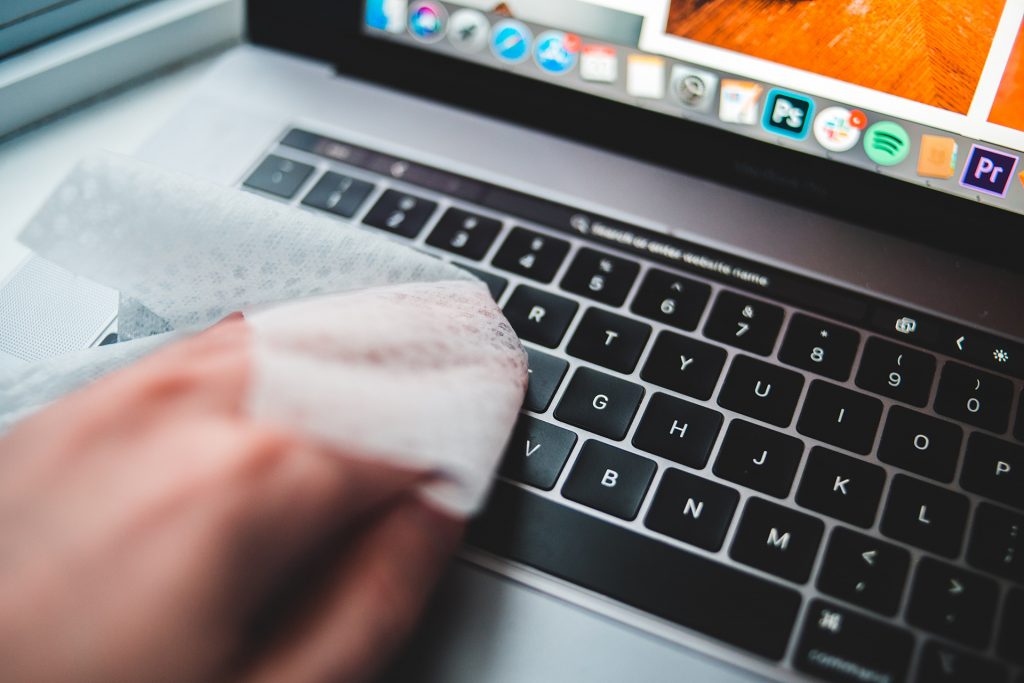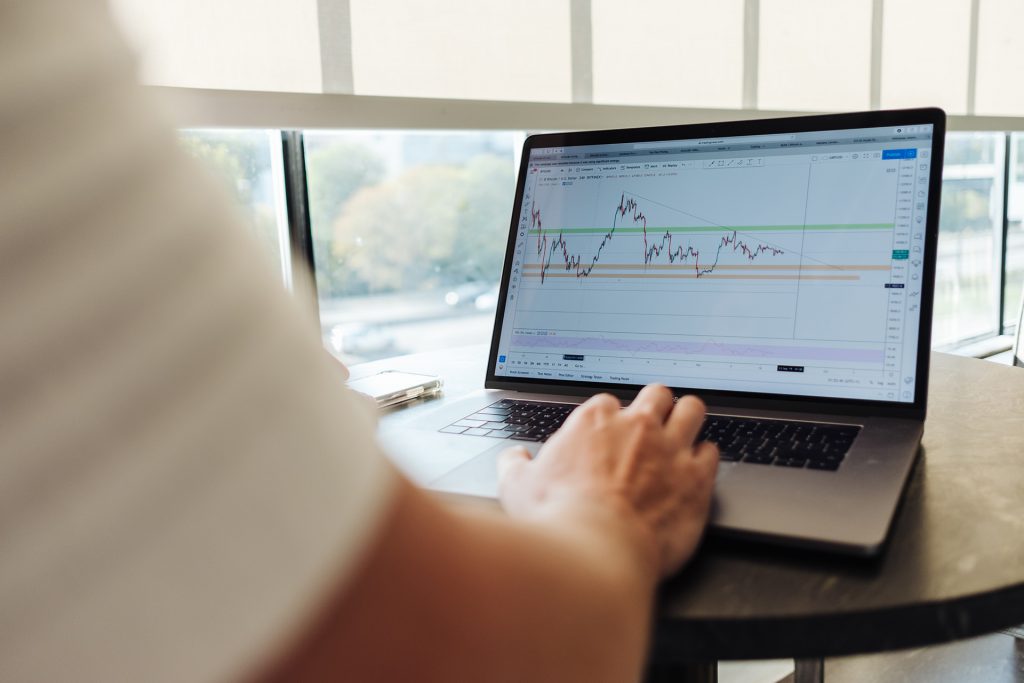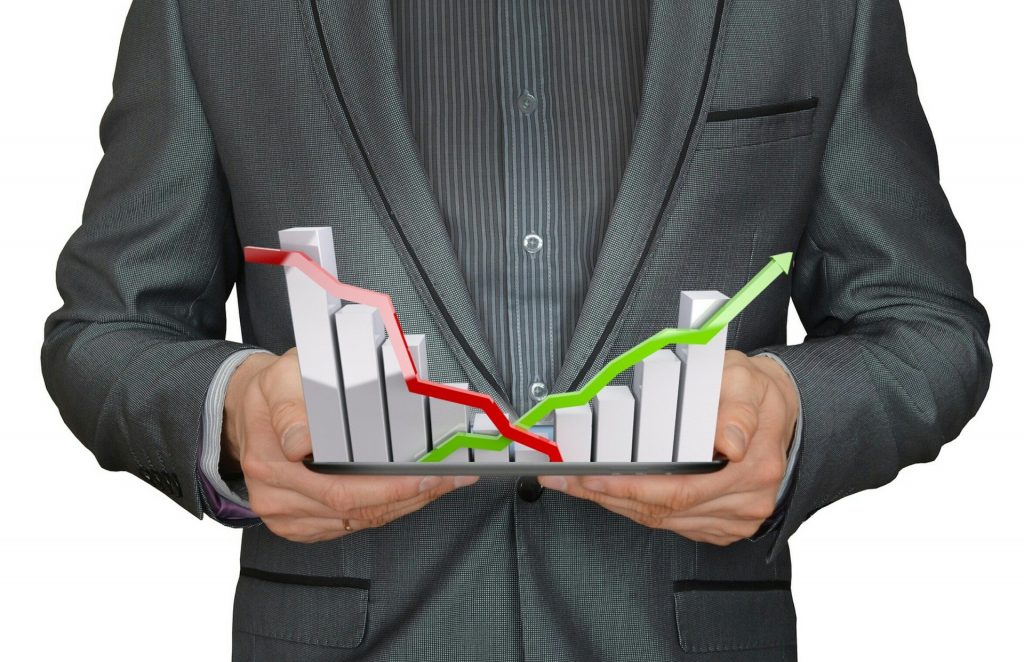Forex Trading And COVID-19
COVID-19 has had a devastating effect on just about every type of financial market in every country around the world. The effects the virus and government protocols have had on livelihoods, businesses and companies have been significant. Though the pandemic is far from over with case numbers rising in lots of places and no vaccine announced yet, life is starting to return to some semblance of normal for many of us.

In this article, we’ll have a look at how forex trading, the act of exchanging currencies, has grown in popularity throughout the pandemic and what the future holds for it. Forex markets are the largest type of financial markets in the world thanks to their excessively high value and turnover, not to mention their liquidity. While trading has experienced significant growth during the pandemic, this may not necessarily be a good thing.
The Effects Of COVID-19 On Forex Trading
The pandemic has affected just about every aspect of modern life in some way or other. One, in particular, that’s been hard hit is the retail sector. Many businesses big and small, have been forced to close for weeks or months and have subsequently had to permanently lay off staff. Many big-name companies have announced redundancy numbers in the hundreds or even in the thousands as they cope with the devastating effects of the pandemic.
What many retail investors are doing is they’re switching from investing in the unsteady retail sector to taking advantage of trading opportunities offered by the forex market. They don’t see many opportunities in retail investment right now, and they think that the future prospects for this sector are far from lucrative. The forex market, on the other hand, is a much safer investment option.
The growth in forex trading can also be attributed to those who already trade in this market. Many experienced traders will have had more time on their hands in recent months, giving them more opportunities to engage in forex trading.
Forex trading is welcoming newcomers and some people who already practised trading are doing so more than ever before. The upsurge inactivity, may, however, only be a short-term effect of the pandemic. It’s too early to tell whether the amount of trading will remain steady in the coming months and into next year, or whether it will gradually decrease.
The Risks Associated With Forex Trading
There is a key problem that’s caused by a sharp rise in the amount of forex trading going on. That problem is volatility. While many traders have continued to experience success and make money, some have had rather damaging losses. Brokers have put this down to growing numbers of traders taking advantage of the exceptionally high leverage that forex trading offers. High leverage gives traders the chance to make quite generous profits, but at the same time, big losses can be made.
In fact, it’s been found that nearly three-quarters of retail traders end up losing money when they start forex trading. What’s more, is that just 1% are successful in making successive gains across four consecutive quarters.
The Attraction Of Forex Trading
Forex trading can be volatile, and there’s no guarantee of making any money. So why are so many people turning to it? The answer is simple: forex trading is easily accessible. Much of the software that’s used is designed with beginners in mind and to get started, you don’t necessarily need to have a large bankroll. Some traders experience success despite starting with little knowledge and a rather limited budget to spend.
There’s also the potential to make lots of money. As previously mentioned, this is in no way guaranteed and there’s quite a big risk of making a loss. Even so, many people accept the risk and are prepared to try trading out in the hope that they’ll make at least some profit, however small.
The Future Of Forex Trading
The ongoing ramifications of the COVID-19 pandemic and the increasing numbers of forex trading are making forex trading more volatile than ever before. What’s almost certain is that it this volatility will be here at least for the rest of the year and into most, if not all, of next year. Currency exchange rates around the world are bound to experience changes, both sudden and drastic, as restrictions are lifted and new measures are imposed.
One industry, in particular, that’s worth keeping an eye on is the travel industry. This is obviously severely affected by the pandemic, with billions of people ordered to stay at home and countless holidays and trips cancelled. International travel has already started picking up. Hopefully, it will continue, and things can get back to normal. If anything, forex trading is likely to become even more popular than what it currently is as people start travelling abroad more.



